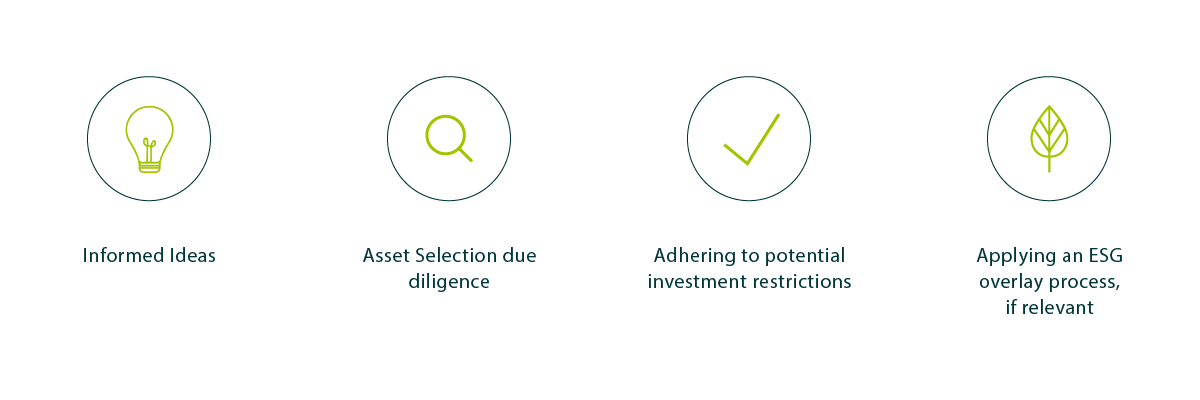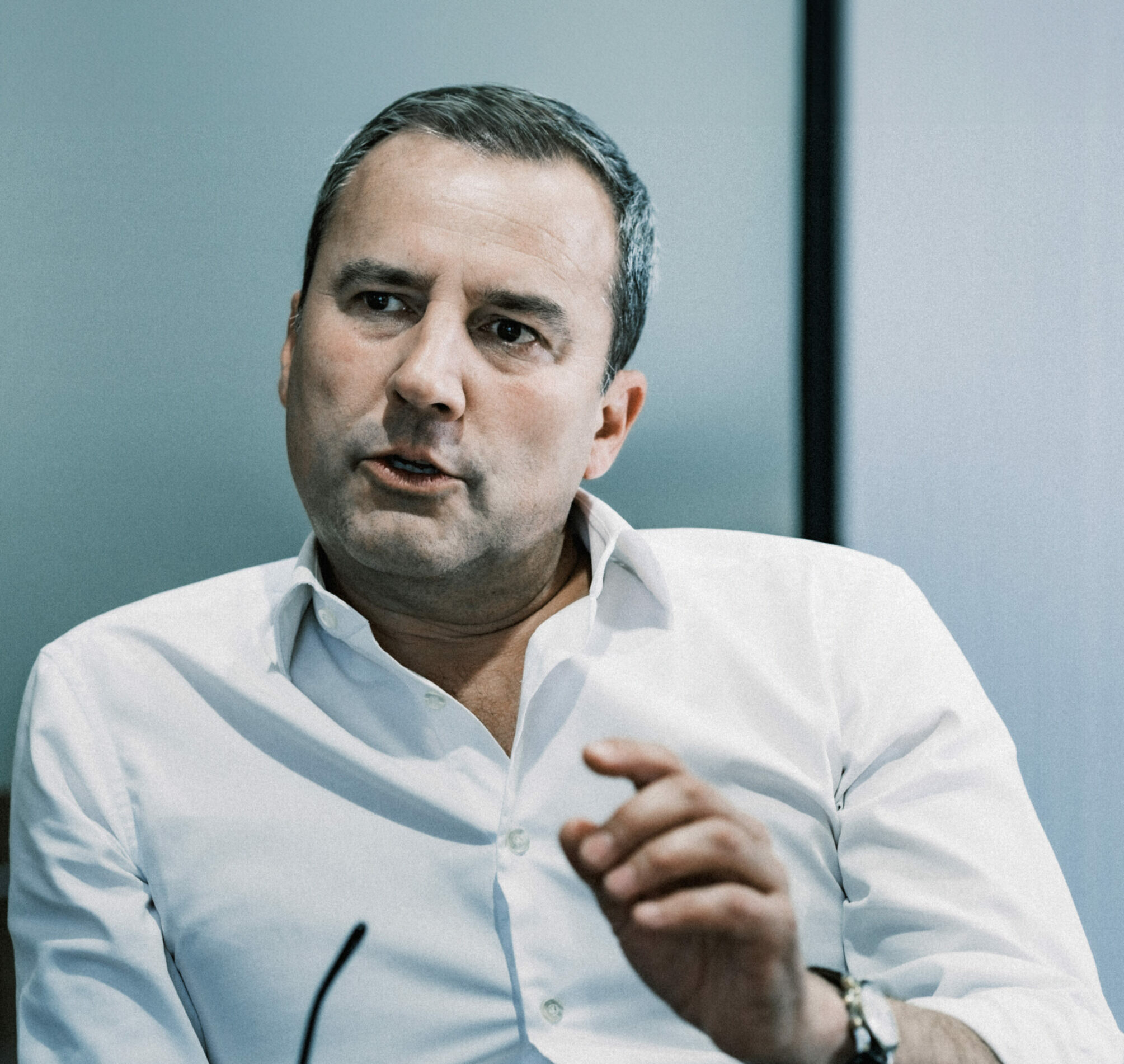Your wealth matters to us. With a structured and intelligent investment management philosophy we are dedicated to growing your capital, while offering tailored investment solutions. Together we can comprehensively accomplish your investment goals.
15 Years in the Making
Our IPS investment philosophy is over fifteen years in the making and built around four key tenets that strive for superior results for our clients through research-based and risk-controlled strategies, and informed solutions.
These four principles are:
Dedicated client care
Each strategy is created to meet your investment requirements, incorporating your objectives to foster a long-term, valued relationship.
Active + reactive management
Our aim is to increase value while considering prevailing investment conditions to manage asset allocation and fund selection.
Optimised risk + return
We use both quantitative and qualitative measures to control risk and ensure you are safeguarded every step of the way.
Transparent reporting
Every client is different, so our asset performance reports are clear and informed and will ensure you are kept abreast of your investments at every stage.
Our Process

Stage 1: Informed positions
Every successful strategy begins with strong and relevant ideas. Our concept generation results from detailed and targeted research formulated internally and gathered from trusted external research consultants.
Stage 2: Asset selection due diligence
After generating ideas, we review the applicable asset universe, covering all reasonable potential investments and filtering out any potentially undesirable characteristics (usually only funds, ETFs, and investment trusts are applicable):
- The Initial Investment Due Diligence Form – reviews fund structure and administration, currency, client suitability, underlying fund overview, leverage and charges
- The Investment Objective Alignment Assessment – ensures that each strategy meets the overall investment objectives
- The Cost Assessment – selects the asset for the investment idea at the lowest cost
- The Concentration Limits Assessment – guarantees no excessive concentration in one asset class, counterparty/fund manager, or in any underlying company, jurisdiction, equity, or bond
- The Liquidity Assessments & Restrictions – evaluate all new investments for liquidity and availability, avoiding exposure to illiquid investments which may impact our ability to sell when we believe the time is right
- Asset Sale Assessment – creates a clear and detailed rationale on why the asset is being sold and why cash is the preferred asset at the time
In rare circumstances where, due to market volatility or specific asset events, investment decisions need to be made without the full Asset Selection Process, we have the agility to move quickly and our CIO will exercise his discretion.
Stage 3: Adhering to potential restrictions
Some clients want us to adhere to certain restrictions – we closely monitor your portfolio and tailor our allocations to ensure that those constraints are being met at all times.
Stage 4: Applying an ESG overlay process
For portfolios with an Environmental, Social, and Governance (ESG) mandate, the due diligence process will also include filtering potential investments against ESG criteria. As a minimum, all new investments must apply ESG integration practices for collectives and have a track record of sustainability reports for listed equities.
OUR APPROACH











